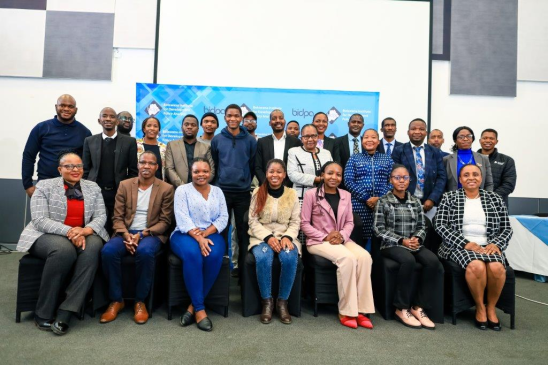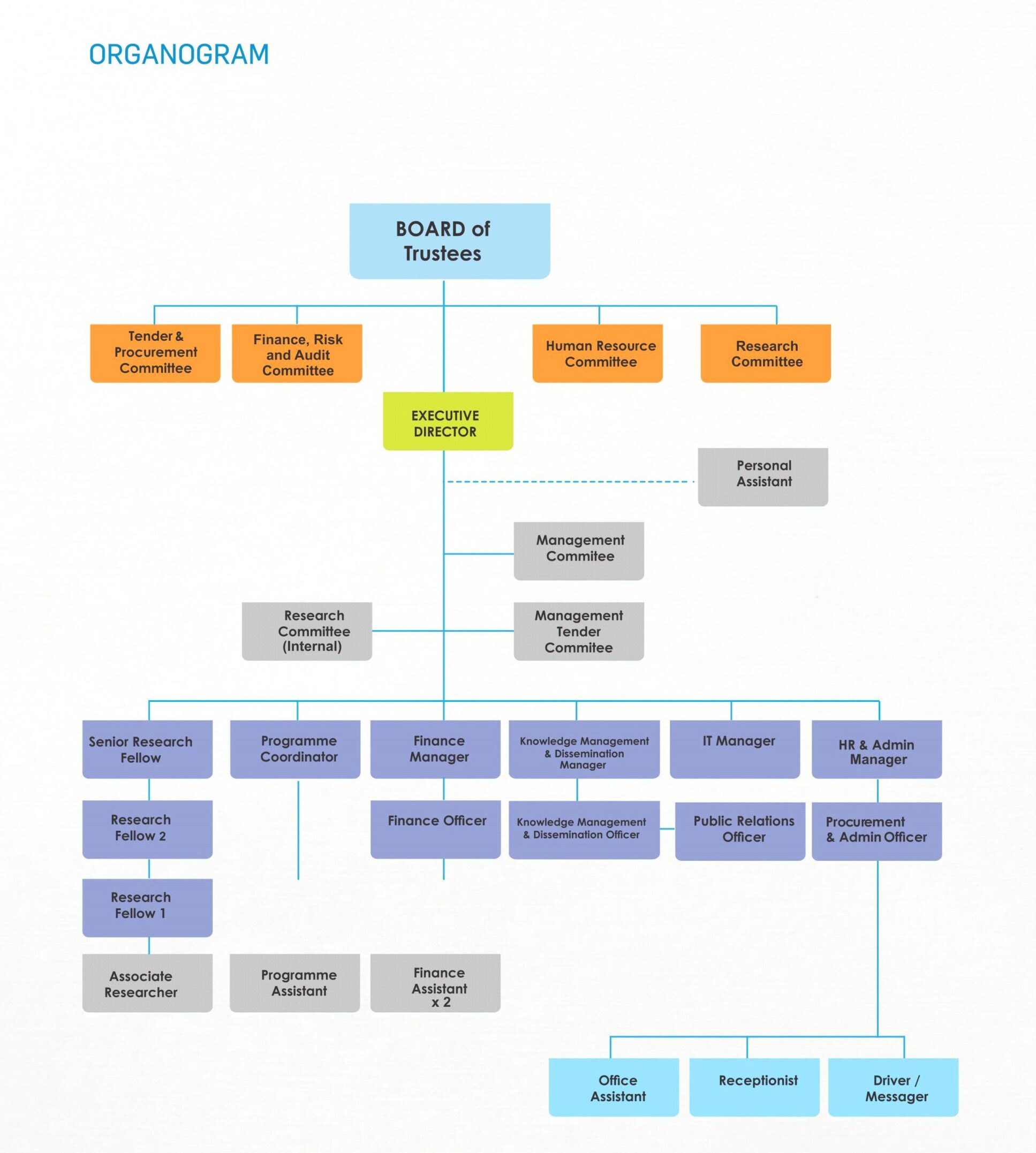About Us
BIDPA is a major player on the national policy formulation landscape and its mandate is defined by the following five elements: Economic research and policy analysis; institutional capacity building; professional training; networking and public education. The institute’s mandate is informed by the deed of trust that established it.
The Botswana Institute for Development Policy Analysis (BIDPA) was established by the Gov-ernment of Botswana as an independent trust, and started operation as a non-governmental policy research institute or “think tank” in 1995. The institute evolved out of the expressed need to effectively link and harmonise economic policy analysis functions with national development efforts. BIDPA focuses mainly on research and policy analysis; and capacity building in policy analysis.

Our Vision.
To be a renowned policy research Institute in Africa.
Our Mission.
We provide evidence-based socio-economic policy advice and related capacity building.

